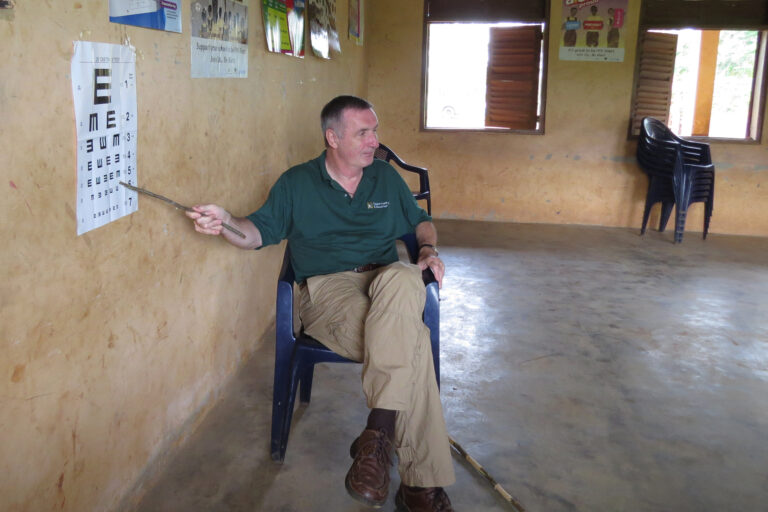The Unseen Epidemic: Confronting Eye Health Challenges in Africa

In the shadow of Africa’s vast landscapes and cultural richness, an unseen epidemic quietly undermines the potential of its people: increasing eye problems exacerbated by malnutrition and widespread ignorance. This issue, deeply woven into the fabric of underdeveloped regions, poses not only a health crisis but also a significant barrier to education, economic development, and quality of life.
The Twin Adversaries: Malnutrition and Ignorance
Malnutrition, particularly the deficiency of Vitamin A, stands as a primary culprit behind preventable blindness and vision impairment in children and adults alike. This essential nutrient, crucial for maintaining healthy vision, is often lacking in the diets of those in underprivileged communities, where food diversity is limited and access to nutrient-rich foods is scarce.
Parallel to the challenge of malnutrition runs the pervasive issue of ignorance. A profound lack of awareness regarding the importance of eye health and the role of nutrition in preventing eye diseases leaves many communities vulnerable. Misconceptions about eye health care and the stigma associated with wearing glasses further exacerbate the problem, discouraging many from seeking the help they desperately need.
The Ripple Effect of Vision Impairment
The consequences of untreated eye conditions extend far beyond the inability to see clearly. For children, poor vision can drastically impede learning, leading to poor academic performance and increased dropout rates. Adults suffer too, as vision impairment can significantly hinder their ability to work, affecting their economic independence and contributing to the cycle of poverty.
Illuminating Paths to Change: The Role of Education and Intervention
Addressing the complex web of malnutrition and ignorance requires a multi-faceted approach. Education stands at the forefront of this battle. By increasing awareness about the critical link between nutrition and eye health and dispelling myths about vision care, we can empower communities to take proactive steps towards eye health.
Interventions must also extend to improving access to nutritious foods and vitamin supplements, alongside providing comprehensive eye care services. These services include vision screenings, the provision of corrective eyewear, and treatments for eye conditions, all tailored to meet the needs of underprivileged communities.
First Sight: A Beacon of Hope
Organizations like First Sight are leading the charge in tackling these eye health challenges head-on. Through a combination of direct intervention and public education campaigns, First Sight aims to bridge the gap in eye care services in underdeveloped regions of Africa. By providing essential eyewear and fostering an understanding of eye health and nutrition, First Sight is not only restoring vision but also hope and opportunity to many.
A Call to Action: Joining Hands for Healthier Vision
The journey towards eradicating preventable eye conditions in Africa is long and fraught with challenges. However, it is a journey that we must undertake collectively. Supporting organizations like First Sight, advocating for increased awareness, and contributing to efforts aimed at addressing malnutrition can all play a significant role in turning the tide.
The vision of a healthier future for Africa, where everyone has the opportunity to see clearly, is within our reach. Together, we can illuminate the path forward, ensuring that eye health is no longer an unseen epidemic but a priority for all.
To learn more about how you can contribute to this vital cause, visit [First Sight](https://firstsight.org). Your support can make a world of difference in the lives of those facing the dual challenges of malnutrition and ignorance in underdeveloped countries.

